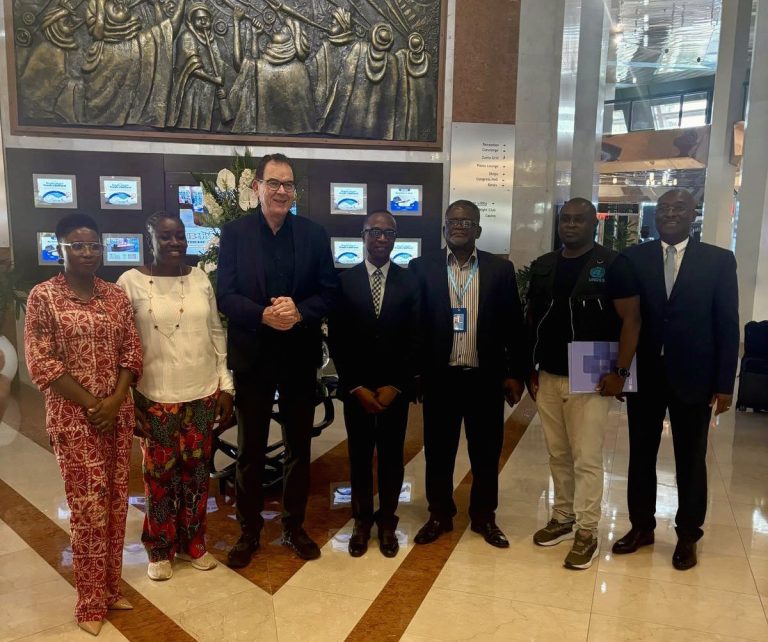From Isaac Anumihe, Abuja
The Federal Government and the United Nations Industrial Development Organisation (UNIDO) have signed a Programme for Country Partnership (PCP) agreement amounting to $174,585,000 for the industrial development of the country.
The Minister of Budget and Economic Planning (BEP), Senator Abubakar Atiku Bagudu, who signed on behalf of the Federal Government, noted that the partnership, which spans four years from 2024 to 2028, marks a milestone in the government’s and UNIDO’s efforts to strengthen industrial growth, create jobs, and drive economic transformation.
According to the minister, “Through this initiative, we aim to enhance Nigeria’s industrial capacity, drive technological innovation, and promote environmentally sustainable industrial practices.” The programme will also provide economic opportunities that will impact Nigerians, particularly the youth and marginalised groups.
Bagudu explained that the PCP has a funding strategy of 85.7 per cent, or $149,619,345, from donor/partners mobilised by UNIDO, while the Federal Government provides counterpart funding of 14.3 per cent, or $24,965,655. So far, he said, Nigeria has made a financial commitment of $1,276,658 as payment to UNIDO.
The minister called on all stakeholders, including development partners, the private sector, and civil society, to work collaboratively to ensure the seamless implementation of the programme. He commended UNIDO for its steadfast partnership and unwavering support for Nigeria’s industrial agenda.
The Minister of State for Industry, Senator John Owan Umoh, while making remarks during the signing, expressed hope that UNIDO will serve as a technical and strategic partner in driving the Industrial Revolution Work Group (IRWG). He also urged stakeholders to “let us move together from potential to productivity, from agreement to execution, from policy to prosperity” as the PCP is implemented.
The Director General of UNIDO, Mr Gerd Muller, informed all that UNIDO has the mandate of ensuring the industrial development of member states through the PCP and the pursuit of Goal 9 as its core, while stating that Nigeria has the potential to be the economic powerhouse in Africa.
The PCP focuses on a select number of priority areas essential to the government’s industrial development agenda: job creation, availability of raw materials, export potential, and the ability to attract investments.
The Permanent Secretary, Ministry of Budget and Economic Planning, Dr Emeka Vitalis Obi, noted that the series of engagements between the Federal Ministry of Budget and Economic Planning, the Federal Ministry of Industry, Trade and Investments (FMITI), and UNIDO have solidified the government’s commitment to laying a firm foundation for the take-off of the PCP in Nigeria.
In a statement, the President of the Manufacturers Association of Nigeria (MAN), Otunba Francis Meshionye, hoped that manufacturers in the country will benefit from funding through the programme as he pledged MAN’s support in achieving key pillars of the country programme. He prayed for more impactful projects that will improve the manufacturing sector in the country.
